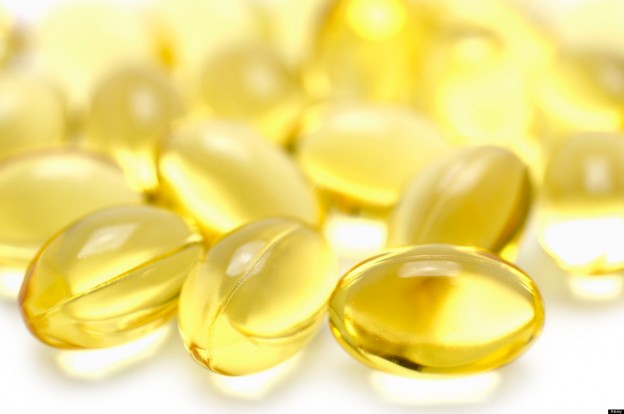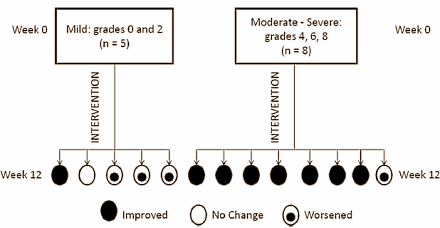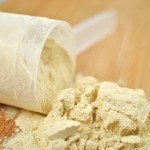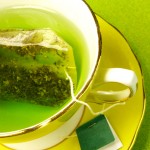Blog Entry #72
By Admin – Steroidal.com
Acne is one of the most common side effects from anabolic steroids due to various hormonal changes experienced with their use, whilst coming off and trying to normalise testosterone production also causes hormonal changes. Not all androgens will cause acne and whether or not the user experiences acne is mostly genetic predisposition. Some anabolic steroids are worse than others, such as Trenbolone, Dianabol and Testosterone based steroids that have a high anabolic:androgenic ratio or compounds that elevate secondary hormones, like estrogen and dihydrotestosterone (DHT).
Acne can be prevented or the risk of acne appearing, with the use of an aromatase inhibitor, which will control estrogen levels. Other medications can be used, such as oral anti-biotics, retinoids and topical crams and gels. We wrote about dietary changes affecting acne yesterday and how whey protein and milk can cause acne. So today we’re going to expand on that and explain that something as simple as fish oil can help reduce acne.
Fish oil should be part of your diet due to its wide variety of health benefits. These include, boosting immune and cognitive function, aiding digestion, protection from heart disease, normalising cholesterol and is a potent anti-inflammatory. The anti-inflammatory effects of fish oil, which contains eicosapentaenoic acid (EPA), and docosahexaenoic acid (DHA), are what we’re going to discuss today and how it can help reduce the more severe forms of acne.
Its speculated that the reason acne can appear from dietary changes or imbalances is from consuming foods, such as dairy but also from imbalances in the ratio of omega-3 and omega-6. Due to the amount of refined and processed foods as well as vegetable oils in Western diets, the ratio of omega-3, 6 can favour omega-6. This is important, as omega-6 is inflammatory and can lead to the production of inflammatory factors, such as the arachidonic acid metabolites prostaglandin E2 and leukotriene B4. This can worsen acne and your risk of experiencing it, but a diet balanced in both can reduce inflammation [1, 2].
If this theory hold true supplementing with omega-3 would aid in the treatment of acne. This is what a Canadian 2008 study found when test subjects with acne were given a daily supplement containing 1 g EPA, 200 mg EGCG, 15 mg zinc, 200 mcg selenium and 200 mcg chrome [3].
In the United States, nutritionists at California State Polytechnic University in December 2012, published a study which looked at the effects of fish oil on acne, in Lipids in Health and Disease [4]. The US researchers gave the 13 acne experiencers 3g of fish oil per day containing 930mg EPA supplemented for 12 weeks and observed the results.
At the end of the 12-week test period, all of the test subjects experienced a reduction in their acne. What they also found was that the fish oil did not help on mild forms of acne, but on the more severe forms of acne, such as acne vulgaris, as shown in the figure below.
The US researchers state, “Although we cannot draw any firm conclusions from our study with a small sample size and no placebo group, there is some promising evidence that fish oil supplementation is associated with an improvement in ratings of overall acne severity, especially for individuals with moderate and severe acne”.
The Californian researchers also state that increasing the dosage of EPA may help further at 3-6g per day. From available fish oil products on the market, this is possible but may become a little costly.
We suggest supplementing with fish oil regardless of acne being evident due to its help benefits. It does seem that omega-3 will help with the reduction and severity of acne so adding 3-6g of omega-3 is advised, whilst experimenting with higher EPA may prove advantageous. If the acne is from anabolic steroid use, we suggest normalising hormones as a primary objective then adding dietary changes. High doses of anabolic steroids can lead to steroids side effects, including acne.
Source:
[1]. 2009 Mar 15;77(6):937-46. doi: 10.1016/j.bcp.2008.10.020. Epub 2008 Oct 28
[2]. Am J Clin Nutr June 2006vol. 83 no. 6 S1505-1519S
[3] Lipids Health Dis. 2008 Oct 13;7:36.
[4]. Lipids Health Dis. 2012 Dec 3;11:165.









